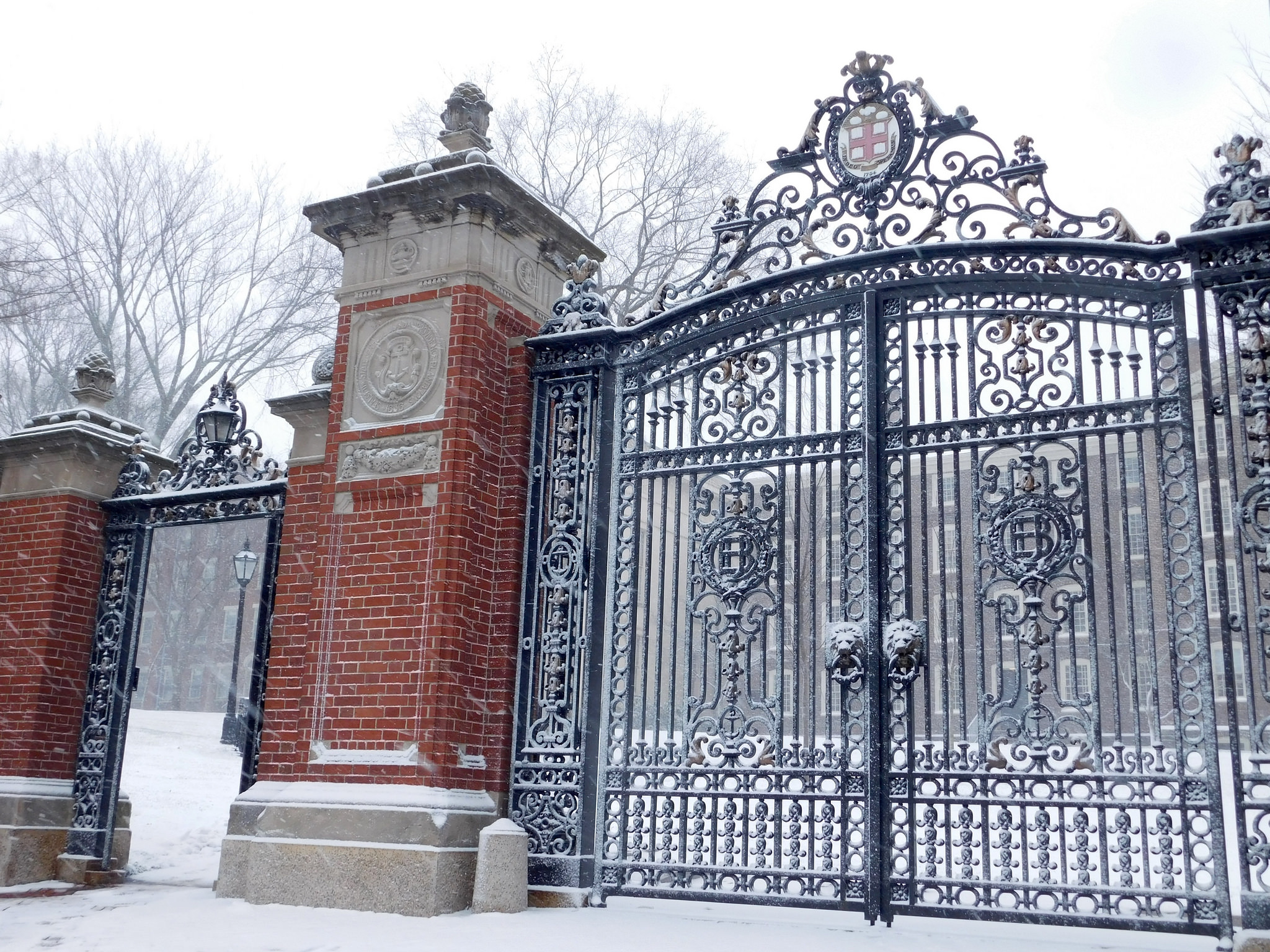Graduate students win right to unionize
The National Labor Relations Board announced on Tuesday that graduate students working as teaching and research assistants at private universities have won the right to unionize. The NLRB’s decision comes after a group of graduate students at Columbia University petitioned to be recognized as a union....
The National Labor Relations Board announced on Tuesday that graduate students working as teaching and research assistants at private universities have won the right to unionize.
The NLRB’s decision comes after a group of graduate students at Columbia University petitioned to be recognized as a union. The decision also allows externally funded research assistants in the sciences to collectively bargain, and does not exclude working undergraduate students from unionizing.
The NLRB’s decision reverses a 2004 ruling that was brought forth by teaching assistants from Brown University.
 In the 2004 ruling, the board decided that assistants were not considered employees under the National Labor Relations Act. The board stated that graduate student assistants have a predominantly academic, not economic, relationship with their universities. They argued that collective bargaining “is not particularly well suited to educational decision making … any change in emphasis from quality education to economic concerns will ‘prove detrimental to both labor and educational policies.’”
This week’s ruling countered that claim. The NLRB said the belief that collective bargaining will “improperly intrude into the educational process,” as the 2004 ruling claimed it would, is unsupported by legal authority, empirical evidence, or the board’s actual experience.
While many graduate students across the country expressed excitement, the ruling holds especially strong meaning for Brown students, said Brown graduate student Amy Chin.
“It’s been something that graduate students in the past have really struggled and fought for, so it’s really nice to see that their hard work wasn’t in vain and we are continuing to be able to advocate for graduate student workers,” said Chin.
Chin is a part of the organization SUGSE, or Stand Up for Graduate Student Employees, which advocates for grad student interests and concerns at Brown University. She has been working as a teacher’s assistant in the sociology department for a year.
In the 2004 ruling, the board decided that assistants were not considered employees under the National Labor Relations Act. The board stated that graduate student assistants have a predominantly academic, not economic, relationship with their universities. They argued that collective bargaining “is not particularly well suited to educational decision making … any change in emphasis from quality education to economic concerns will ‘prove detrimental to both labor and educational policies.’”
This week’s ruling countered that claim. The NLRB said the belief that collective bargaining will “improperly intrude into the educational process,” as the 2004 ruling claimed it would, is unsupported by legal authority, empirical evidence, or the board’s actual experience.
While many graduate students across the country expressed excitement, the ruling holds especially strong meaning for Brown students, said Brown graduate student Amy Chin.
“It’s been something that graduate students in the past have really struggled and fought for, so it’s really nice to see that their hard work wasn’t in vain and we are continuing to be able to advocate for graduate student workers,” said Chin.
Chin is a part of the organization SUGSE, or Stand Up for Graduate Student Employees, which advocates for grad student interests and concerns at Brown University. She has been working as a teacher’s assistant in the sociology department for a year.

Photo by Mackenzie Abernethy
SUGSE members sending the 2004 Brown v. NLRB decision to the trash in honor of the ruling! #WeAreWorkers #gradunion pic.twitter.com/5AkTkyyJxb — standupforgrads (@BrownSUGSE) August 29, 2016Chin said she’s excited that grad students will be able to bargain for things like better working conditions, maternity leave, and access to mental health care. According to Chin many graduate students moving to Rhode Island bring their families along, so for them, benefits from the school can be essential. A 2013 study published by Cornell University tested the NLRB’s idea that unionization would harm faculty-student relationships and academic freedom. The paper found that on average, unionized graduate students at public universities “report higher levels of personal and professional support,” and earn more than their nonunionized counterparts. The study also found unionized and nonunionized students had similar perceptions of academic freedom. The unionized graduate student employees in the study came from public universities, many of which have allowed graduate student unions for decades. Unions exist at major public universities, like the University of Michigan, the University of Wisconsin, and the University of California system. Public universities, unlike private universities, are governed by state law, not the National Labor Relations Board. In their most recent decision, the NLRB cited these working unions as reason to allow private graduate student unionization. Earlier this year, Brown, along with eight other universities, filed a brief urging the NLRB to continue recognizing graduate teaching and research assistants as students, not employees. The brief said that there was no reason to overturn the 2004 Brown decision, as no legal changes have occurred in the status of students since then. Thus, the letter argues, a reversal of the decision would result in, “instability, unpredictability, and uncertainty in the law.” The filers of the brief, all seven Ivy League universities along with Stanford and the Massachusetts Institute of Technology, also argued that the reversal of the 2004 decision, “would significantly damage private sector graduate education in this country and will represent an inappropriate intrusion into long protected areas of academic freedom and autonomy.” But after the NLRB’s ruling this week, Brown University said it would comply with the decision, allowing graduate students to unionize if they choose to do so. “We will promote an informed and balanced discussion to assist our graduate students in determining a path forward,” reads Brown’s statement. Brown has had a website page devoted to the possibility of graduate student unionization for a few months. The page includes frequently asked questions, and links to a letter written by Provost Richard M. Locke on the subject of graduate student unionization, published last month. In response to the ruling, Columbia University created a website devoted to student unionization. The school’s provost also addressed a letter to the campus community, expressing qualms about graduate student unionization.
“We believe that the daily activities and the advisor-advisee relationships involved in the scholarly training of graduate students define an experience that is different from the typical workplace … unlike university employees, graduate students who serve as teaching or research assistants come to this institution first and foremost to acquire through that work the knowledge and expertise that are essential to their becoming future scholars and teachers,” says Provost John H. Coatsworth’s letter.Despite their reservations, Columbia officials say they will comply with the NLRB’s decision, like Brown. Labor unions can now file with the NLRB, as long as the union has at least 30% support from the graduate students it seeks to represent. After the petition, a vote determined by the majority of graduate students will decide whether or not the union represents them. At Brown, Chin says SUGSE is talking with graduate students, the majority of whom seem to be in favor of unionizing. A survey conducted by SUGSE last year found that 80% of graduate students surveyed considered themselves both employees and students.

